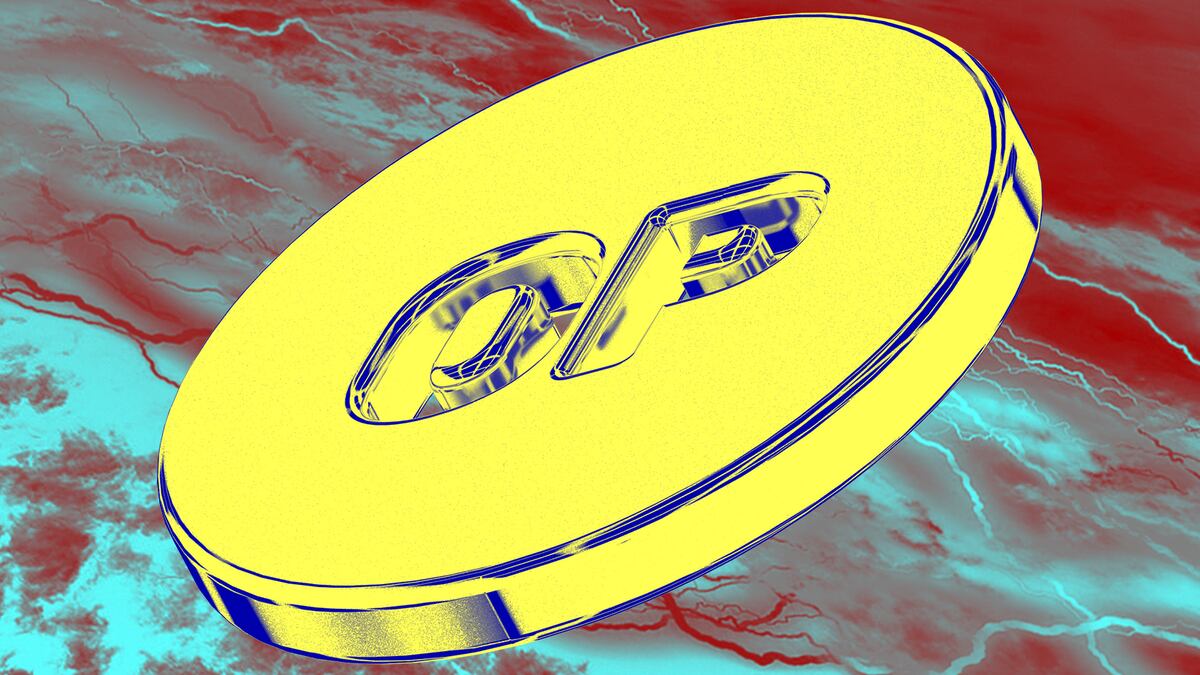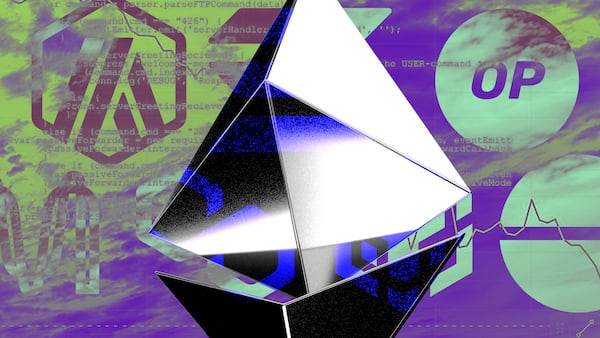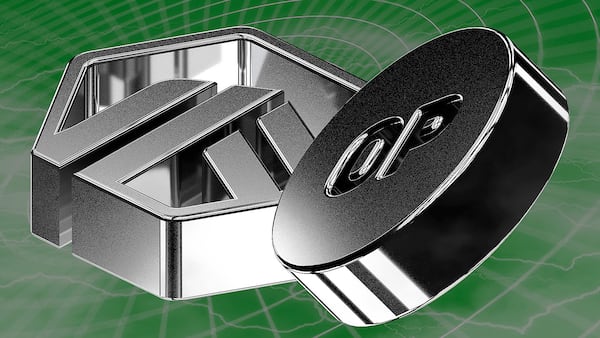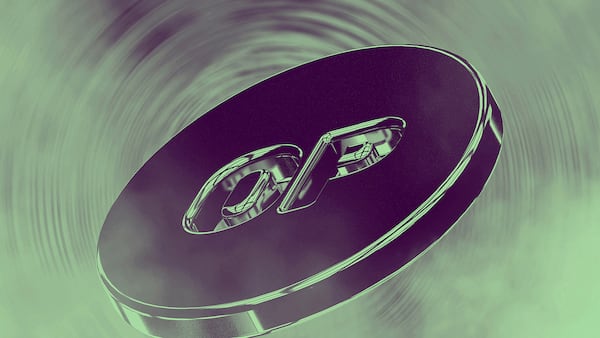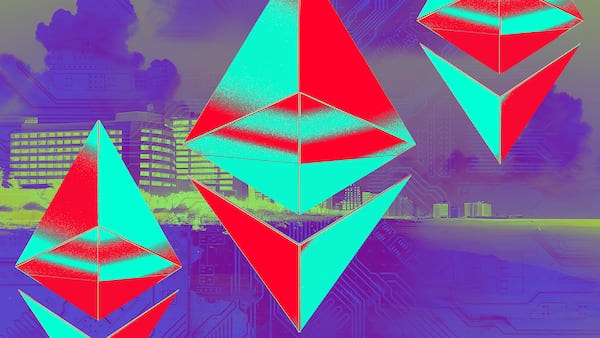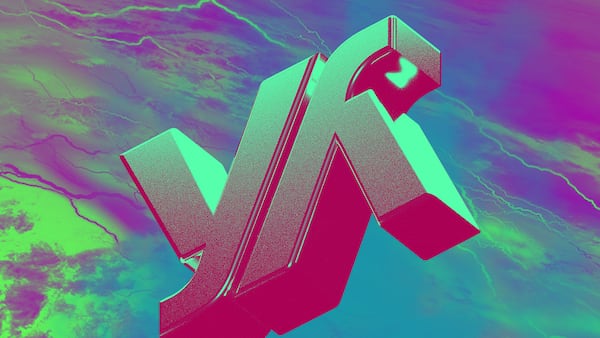- Optimism GovScore wants to hold delegates accountable by giving them point scores based on their onchain activity.
- While most delegates applaud the effort, some are more critical.
- Many delegates said Optimism GovScore should also include offchain activities.
Crypto presents an alternative to traditional governance structures through decentralised autonomous organisations — or DAOs.
These crypto collectives distribute so-called governance tokens to their members, giving the members the ability to propose and vote on changes to a crypto project.
For large DAOs, the amount of information members need to keep up with is vast. To make things easier, many DAOs elect delegates — members who others entrust to vote on their behalf.
While the DAO delegate system is popular, it has its problems.
Some delegates fail to consistently vote on DAO proposals, or are accused of not understanding the proposals that they do vote on. Another frequent concern is the consolidation of voting power among a few top delegates
Dylan Brodeur, a member of the Ethereum Name Service DAO, and who is better known online as limes.eth, has created a new platform called Optimism GovScore in an attempt to increase accountability among Optimism DAO delegates. Optimism DAO is a collective that governs the Optimism blockchain.
Built by Brodeur and his brother Nick, GovScore was launched on March 25 and judges delegates on how consistently they vote, how much voting power they have, and how transparent they are.
“We see GovScore as the first step in ensuring that those who decide the future of Optimism are consistently the best for the job,” Brodeur told DL News.
Holding delegates accountable sparked debate within the Optimism DAO last year, after delegate Griff Green failed to disclose his relationship with Optimism grant recipients.
But there’s a lot of work to do. While many delegates applaud the push for accountability, they say the platform needs more refining and additional features, such as including offchain activity, before it can fulfil its purpose.
How to score DAO delegates
Optimism GovScore gives delegates a point score out of 10 depending on how many onchain criteria they meet.
Delegates can receive up to five points for voting on the last 10 Optimism governance proposals. Additionally, they receive one point each for setting an Ethereum Name Service name and avatar, and up to three points for having fewer than 0.5% of all OP tokens delegated to them.
“It’s great to see independent contributors taking on the task of ranking delegates that reflect their own priorities and values,” Chris Cameron, better known online as PaperImperium, who is a governance liaison for GFX Labs, told DL News.
PaperImperium said GFX Labs always encourages greater participation and thinking about governance and hopes to see similar projects in the future. GFX Labs scored 7 out of 10 on GovScore.
Some delegates are more critical of GovScore’s criteria.
“While StableLab scored highly in their version of GovScore, we don’t think the scoring criteria are particularly fair,” Doo Wan Nam, co-founder of DAO governance solutions provider StableLab, told DL News.
Nam said that having an ENS name “doesn’t really matter,” because delegates can maintain pages with details about them on the Optimism governance website. He also criticised the fact that delegates are docked points for having more OP tokens delegated to them.
“1.5% is actually either neutral or should be positive,” Nam said. “If a delegate conducts themselves well and attracts a lot of voting power, that shouldn’t be grounds for a lower score.”
But Brichis, an Optimism delegate and co-founder of Ethereum Mexico, told DL News she appreciated the consideration for delegates with low delegations, and warned that not doing so could consolidate voting power in a few top delegates.
“I believe it’s a positive initial step, but evaluating delegate performance is considerably more complex,” Brichis said.
Room for improvements
Multiple delegate groups told DL News that the way GovScore relies on ENS names could be improved.
“PoolCollective is a group of multiple people, so we’re voting through an Optimism-native multi–sig,” Tjark, a committee member for PoolColletive, an Optimism DAO delegate, told DL News. “Because of this, we can’t set an ENS or avatar.”
“We use a sub-ENS domain for our delegate contract for Optimism. That should be as good as a primary ENS, but it doesn’t count,” StableLab’s Nam said.
Another common request is integrating delegate’s offchain activity, such as Optimism governance forum posts, into GovScore.
“Forum participation is also an extremely important factor,” Joxes.eth, a pseudonymous researcher at DeFi Wonderland and Optimism delegate with 1.13 million OP tokens, told DL News. Joxes suggested that GovScore could award points when a delegate posts in a governance forum thread, or if they participated in the latest Optimism governance season.
“If they combined offchain aspects like forum activity, it would be more complete,” Nam said.
As for GovScore’s creators, they already have their own plans for improvements.
They plan to add the buzzy crypto social media platform Farcaster to delegate transparency scores, and want to identify users who regularly “vote with reason” to incentivise more communication around decisions.
Whether Optimism delegates will receive these updates favourably remains to be seen.
Tim Craig is DL News’ Edinburgh-based DeFi Correspondent. Reach out to him with tips at tim@dlnews.com.
